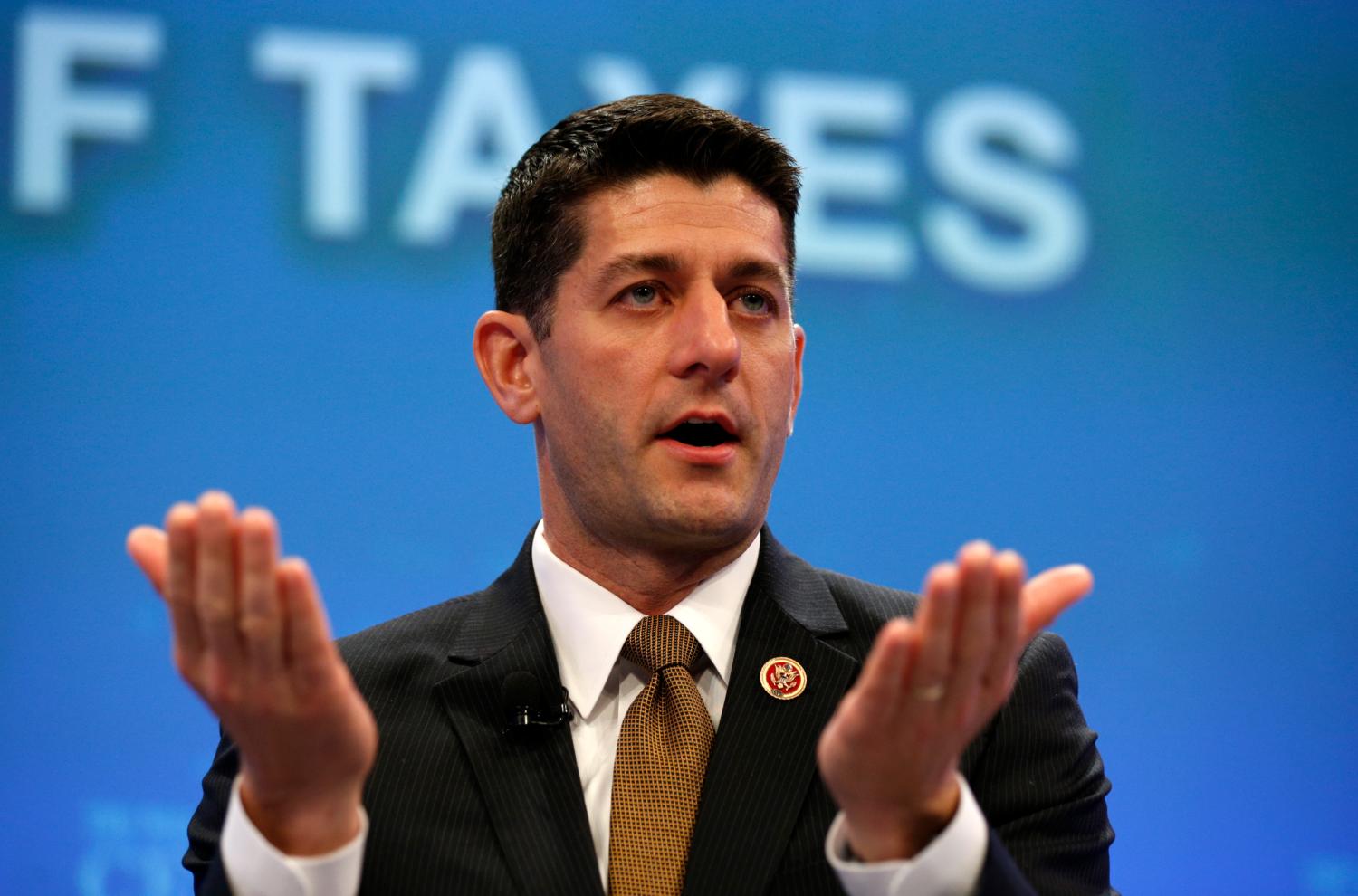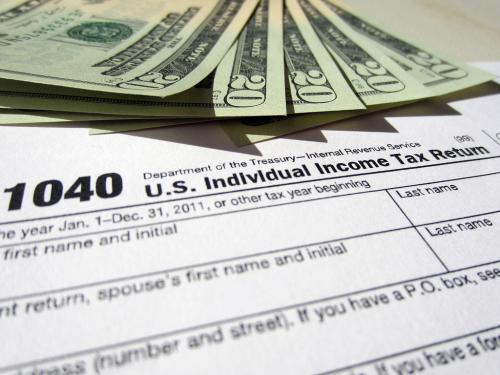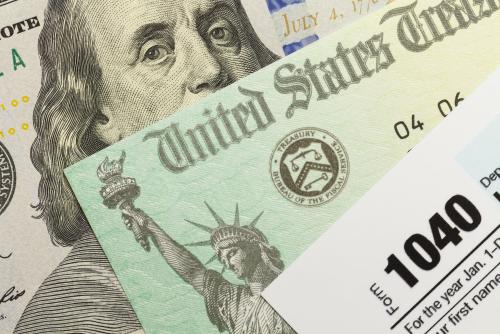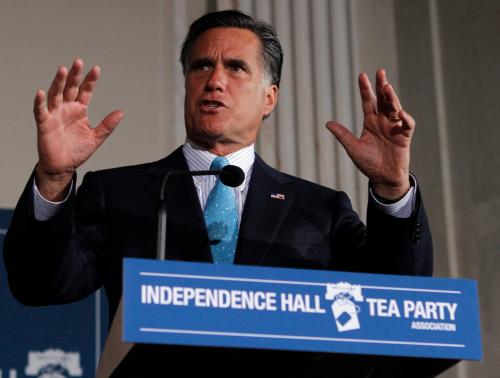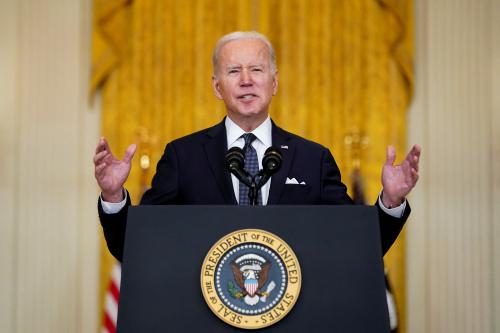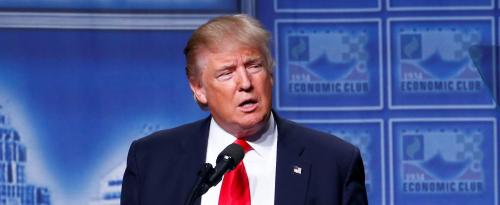Looking specifically at taxes, Brookings Senior Fellow William Gale and Research Assistant Aaron Krupkin write that the U.S. does not have a good tax system that raises the revenues needed “to finance government spending in a manner that is as simple, equitable, and growth-friendly as possible.” Noting that often simply discussing a tax proposal publicly can kill it, they highlight five general areas where tax policy could be improved: raising long-term revenue; increasing environmental taxes; reforming the corporate tax; treating low- and middle-income earners equitably and efficiently; and ensuring the appropriate taxation of high-income households. “Comprehensive tax reform is easy to talk about, but hard to do. The pursuit of sweeping tax simplification is a noble goal, but quixotic.”
Long-term revenue does not have to be raised by increasing marginal income tax rates; new revenue sources could be explored through energy/environment taxes, a change in the treatment of tax expenditures, or a value-added tax (VAT), they suggest. On the corporate side (with the U.S. having the highest corporate rate in the world), the main goal should be to tax all corporate income once and only once, at the full income tax rate, and to include foreign source income. In addition, the authors write that the only way to deal with companies changing their addresses to a lower-tax country abroad to avoid the higher U.S. corporate rate (so-called inversions) is through corporate tax reform. They also discuss ways to make the system fairer for low- and middle-income earners by increasing the burden on the rich, which they believe is the right policy because the wealthy’s income has increased dramatically but their tax payments have not, they have accrued more of the economic gains, and that their paying more does not negatively impact on growth.
“Reforming the tax system so that it pays for government spending, treats taxpayers fairly, and improves incentives for productive activity can only be a plus from an economic standpoint. Even though the politics have been, and will continue to be, a major barrier to reform, the next President may well be judged a success or failure in significant part based on how he or she handles tax policy,” they conclude.


